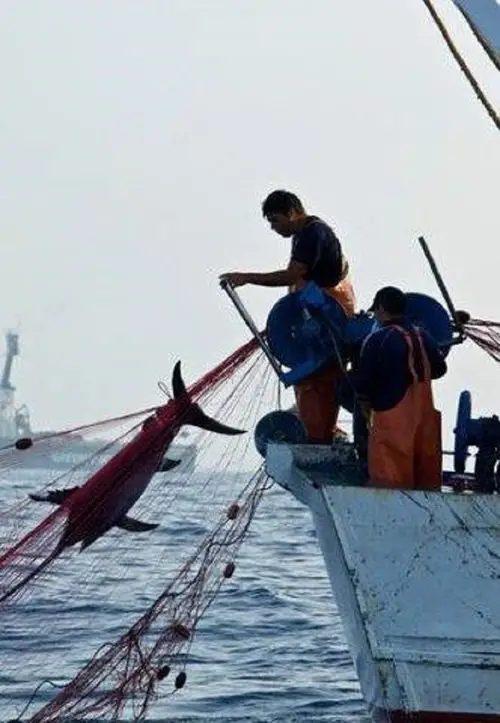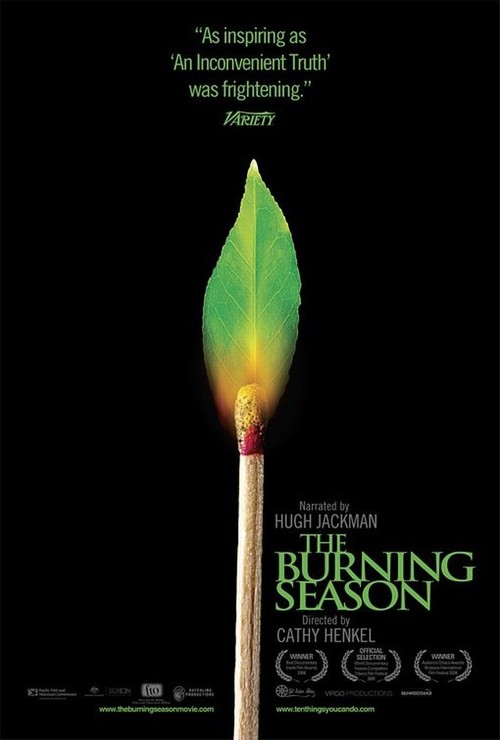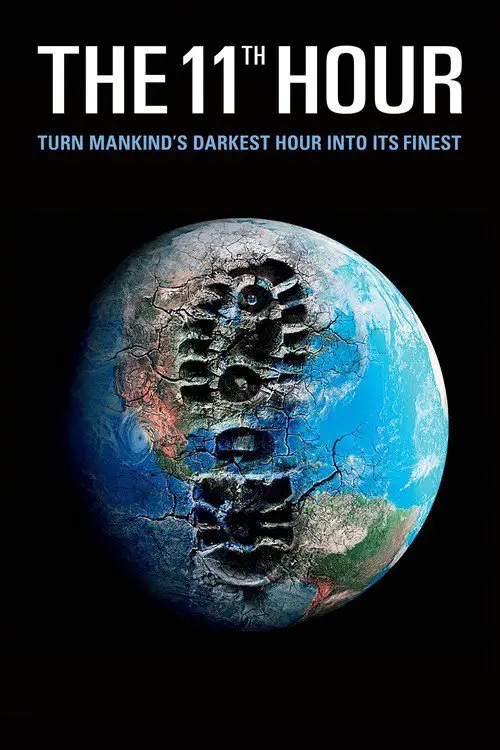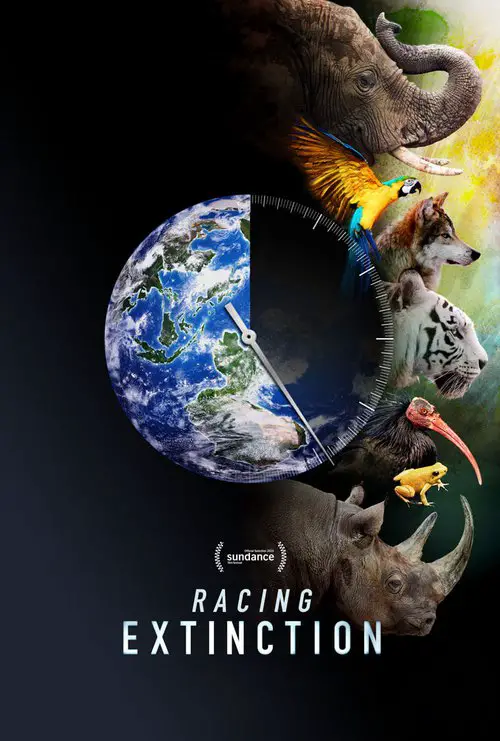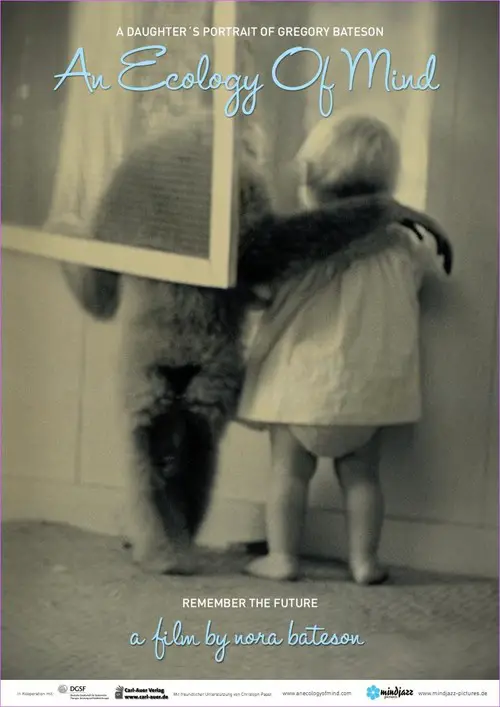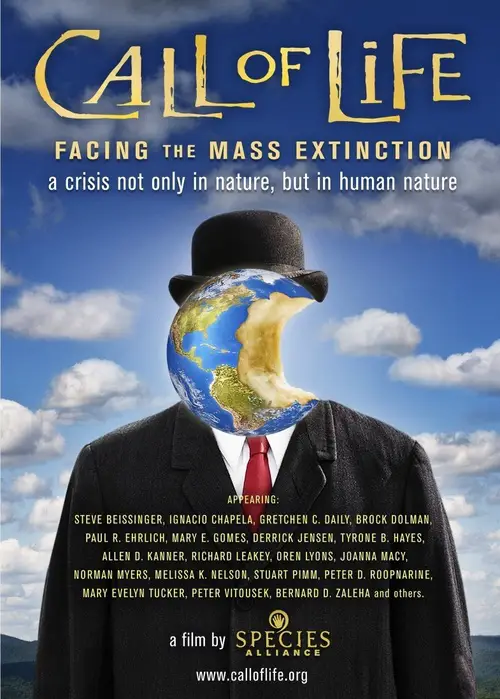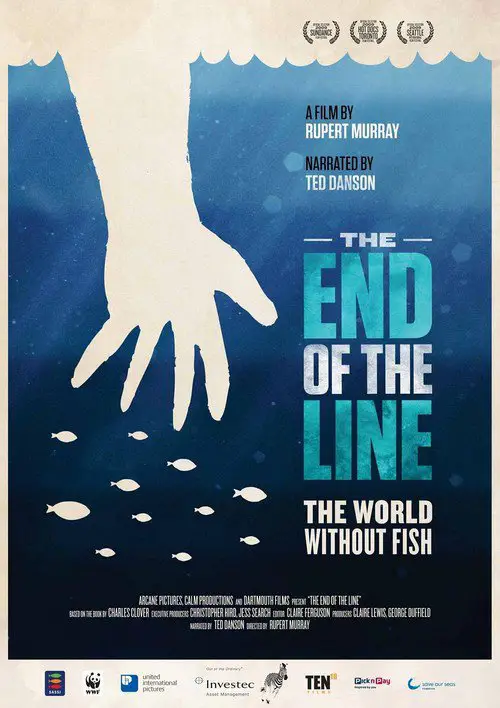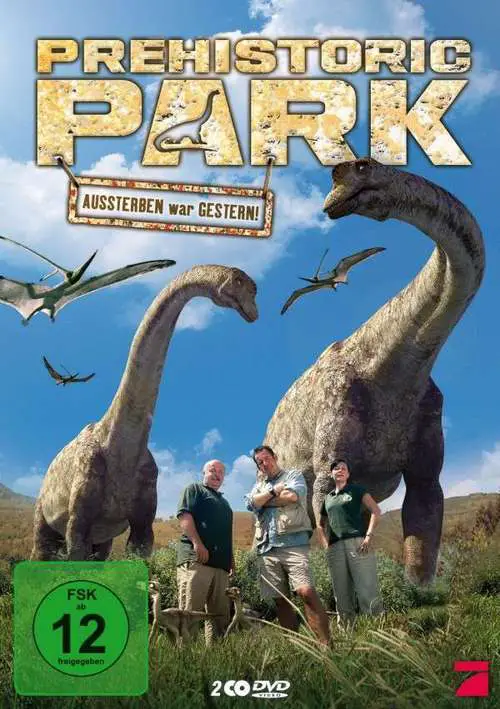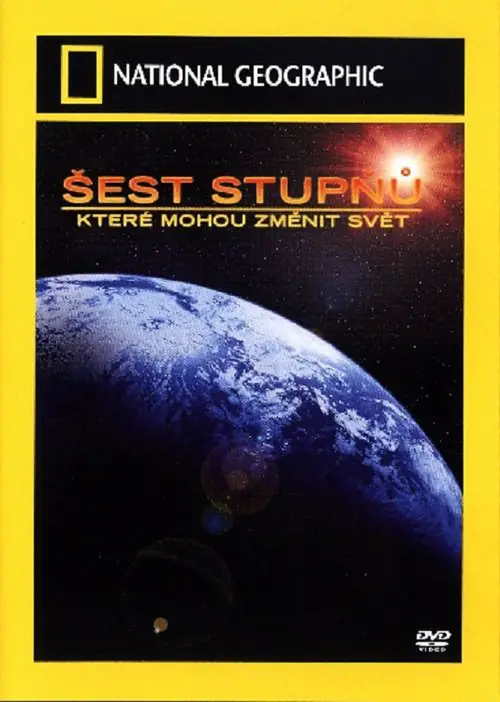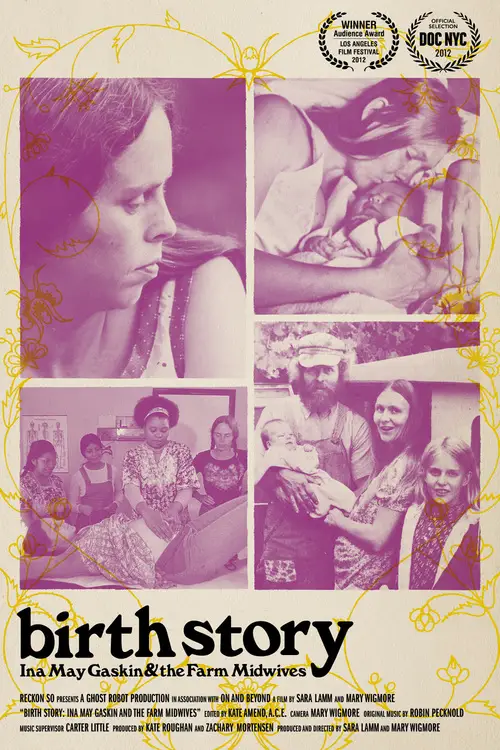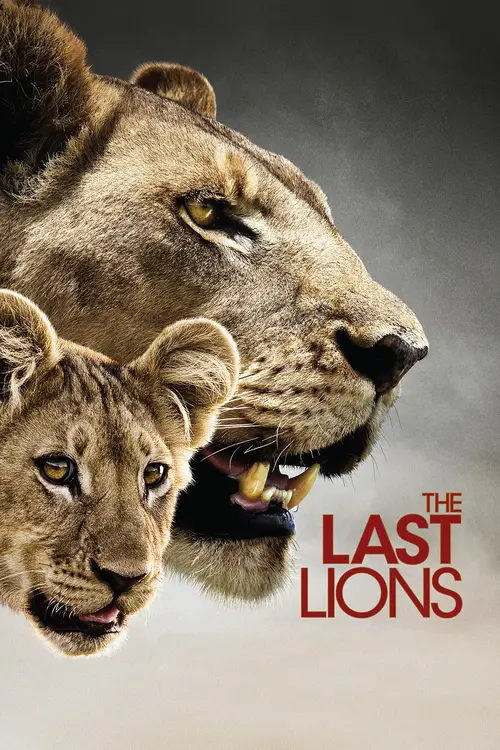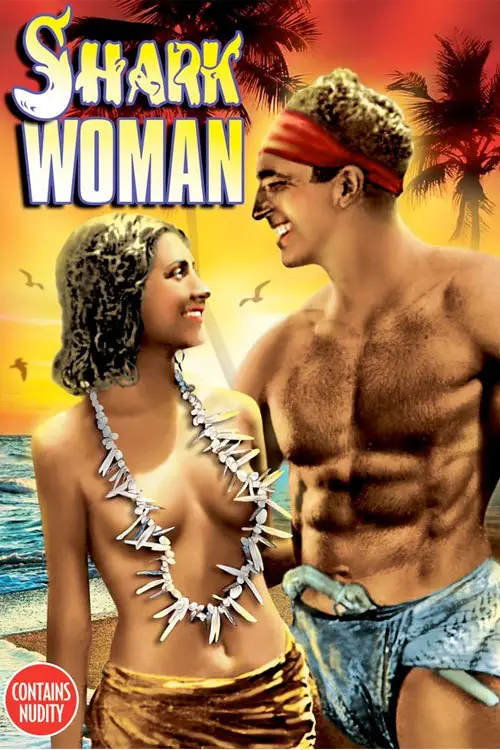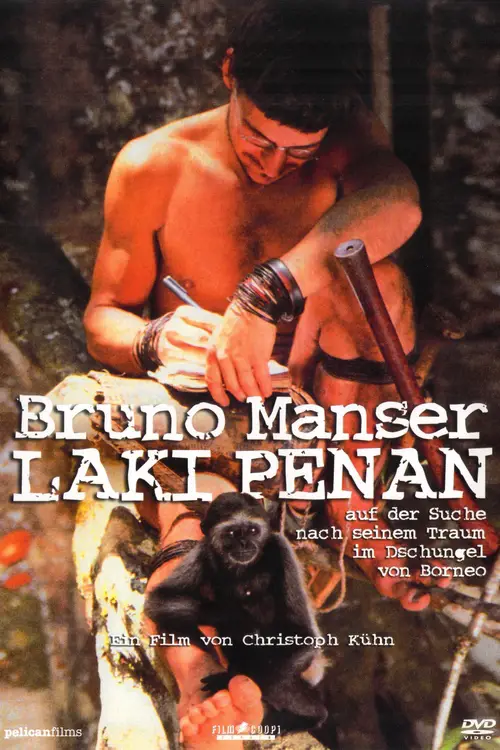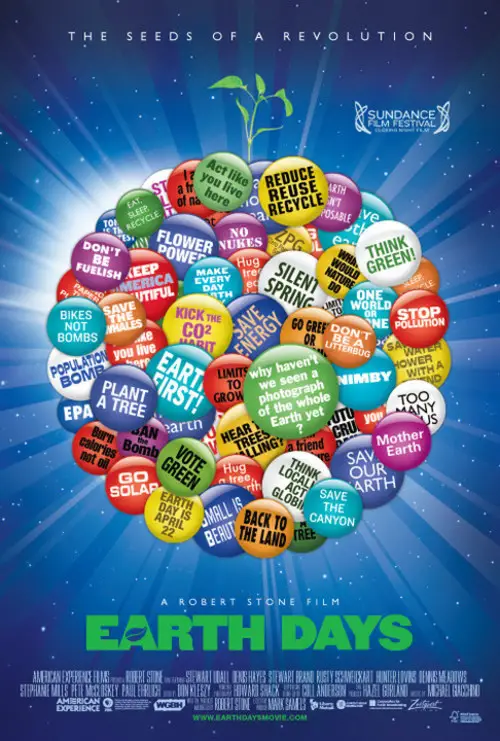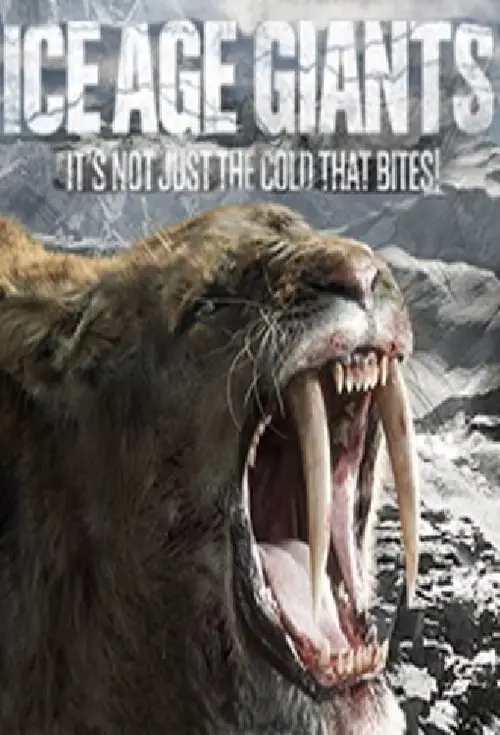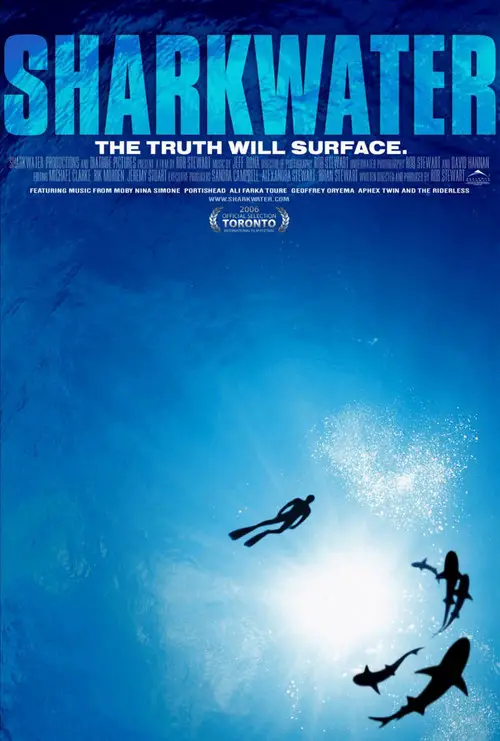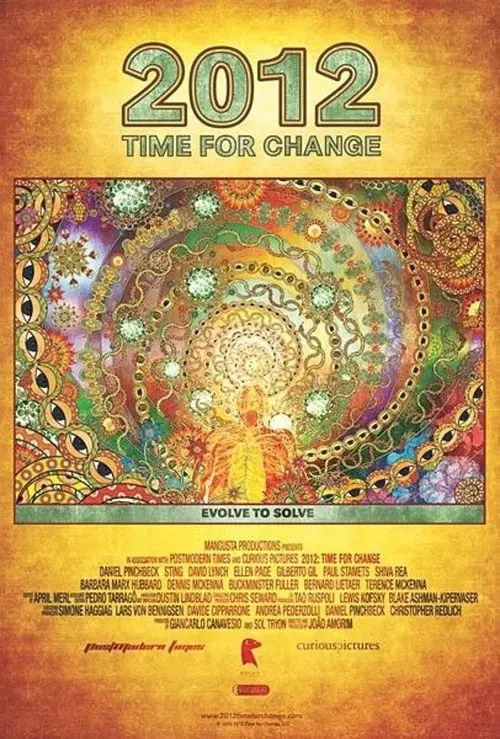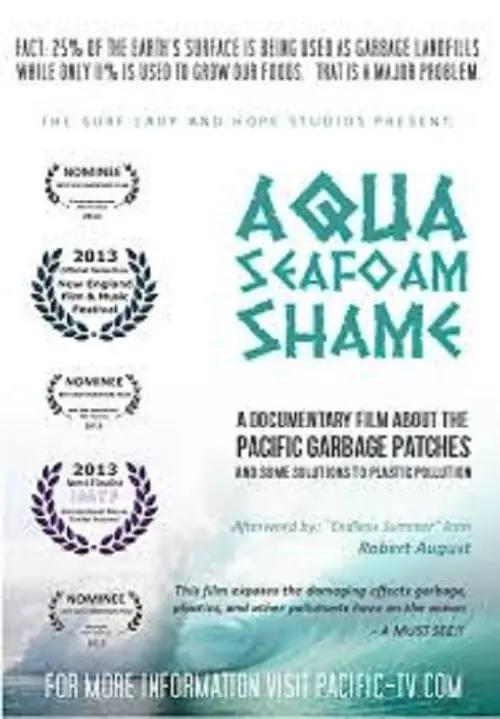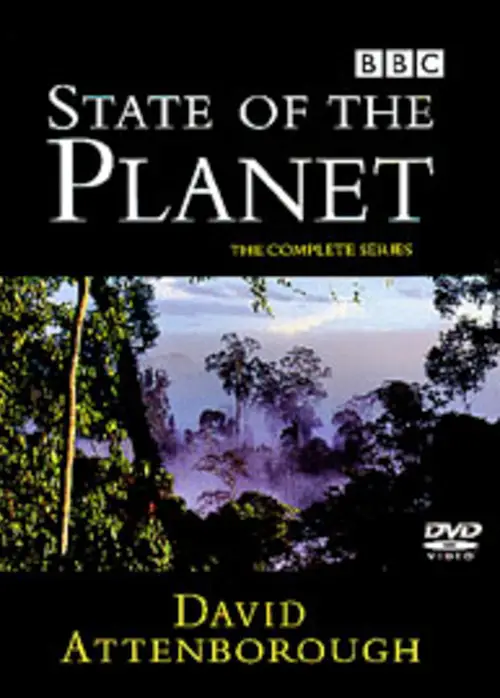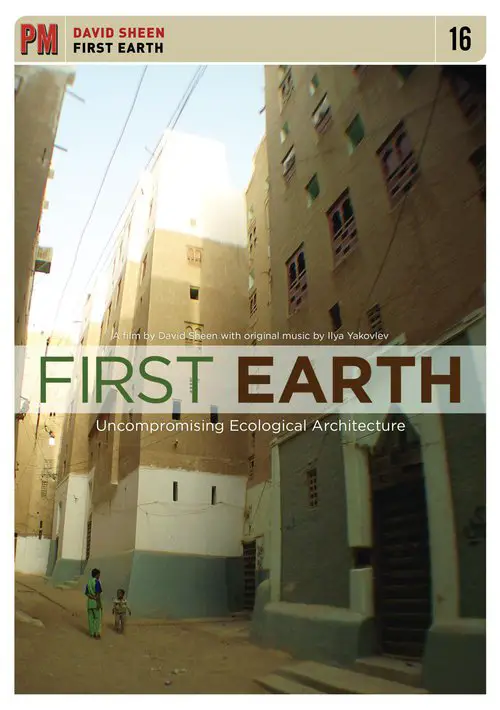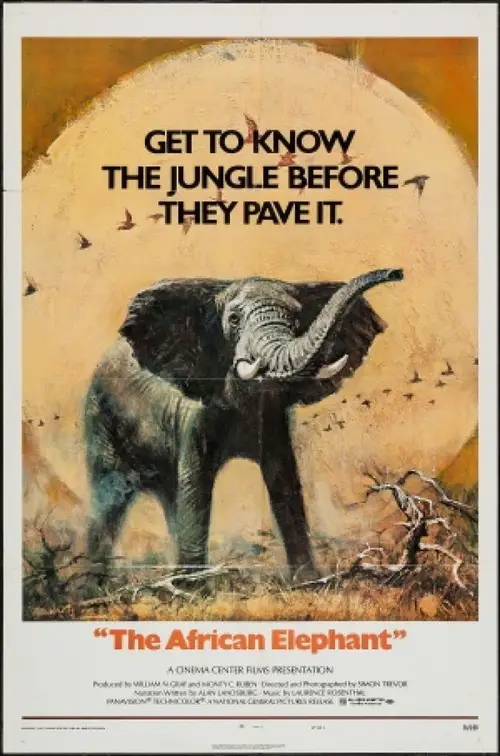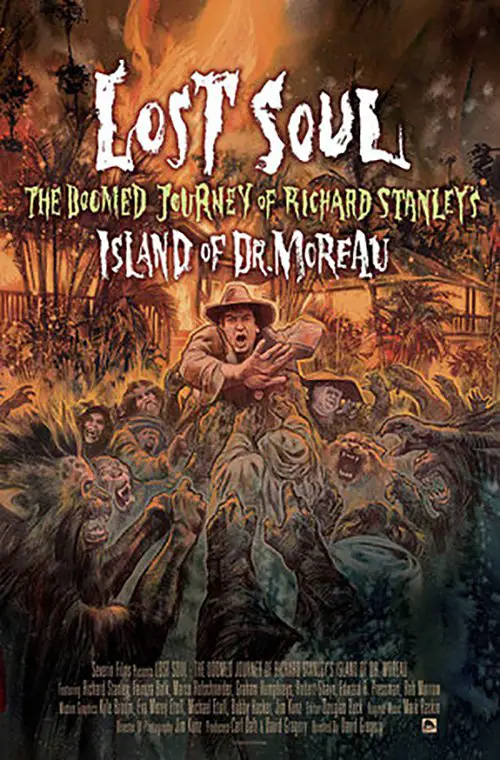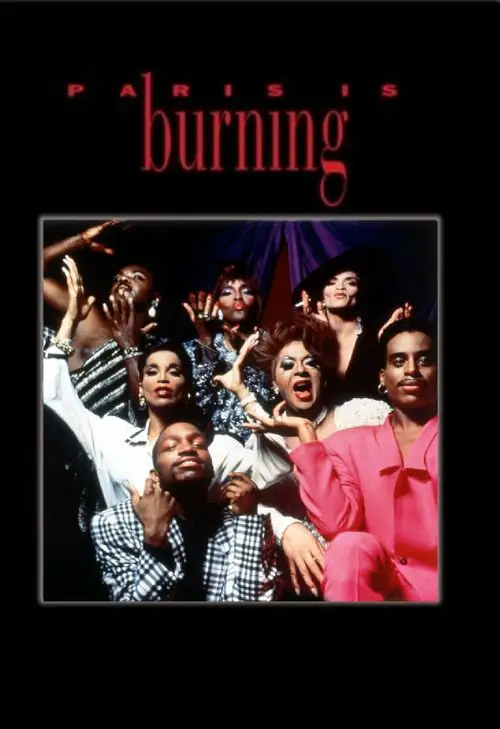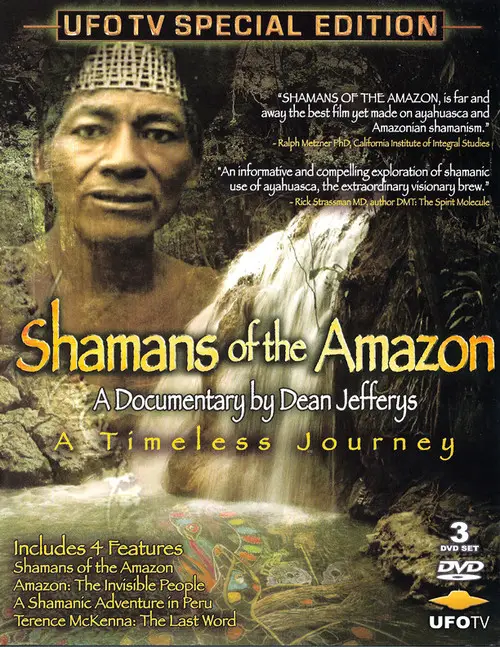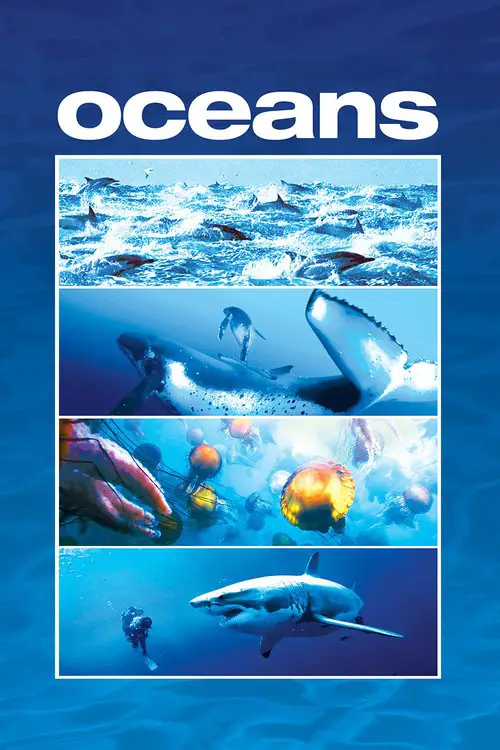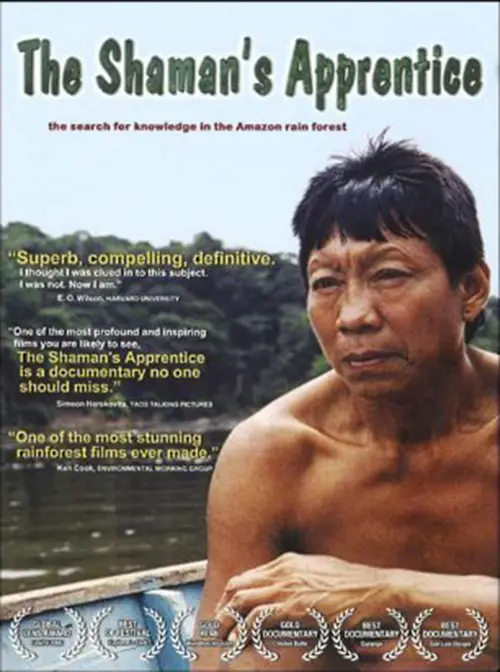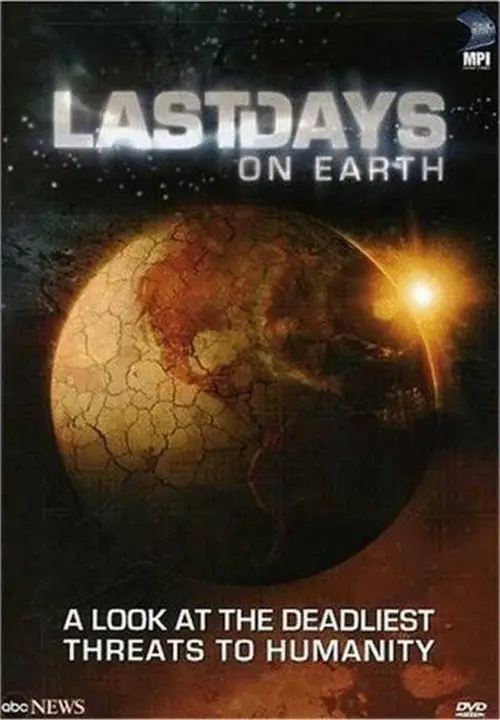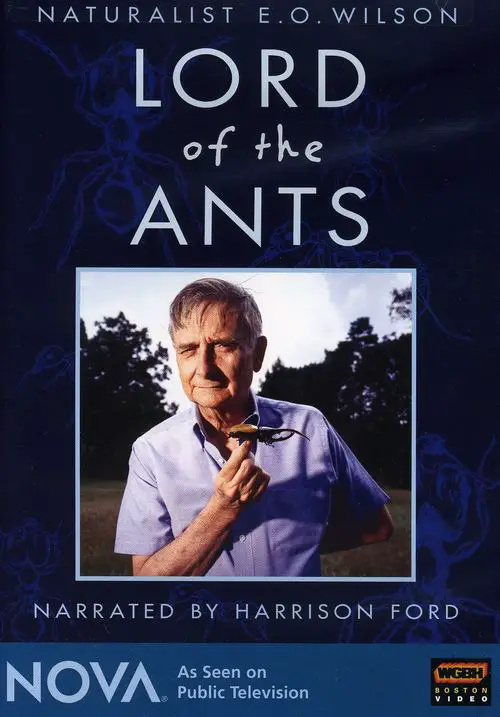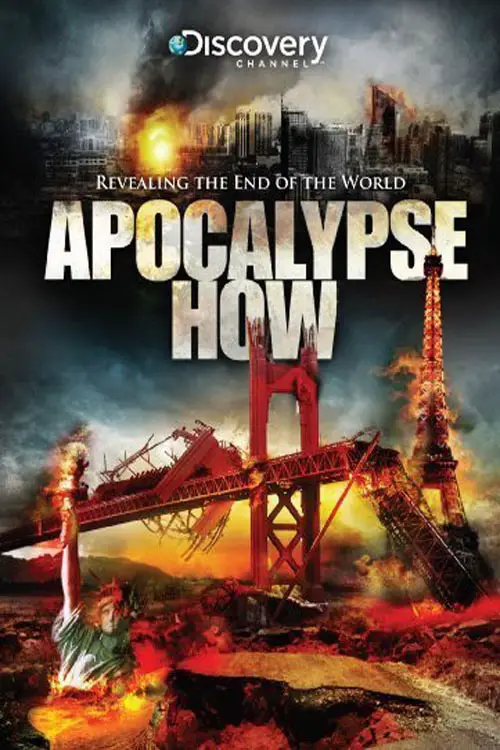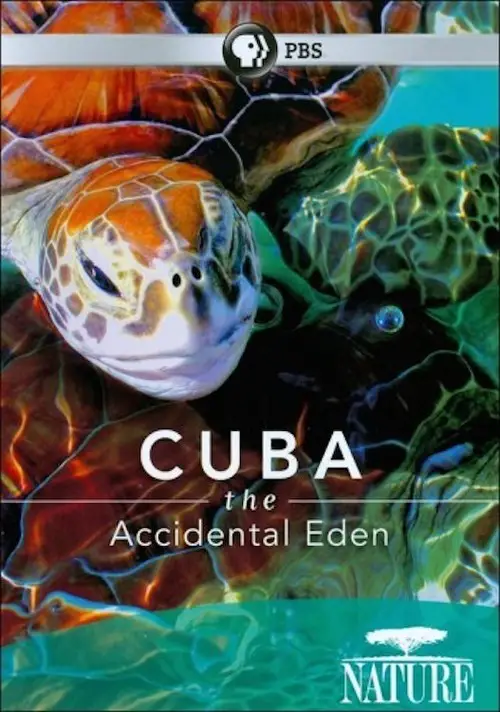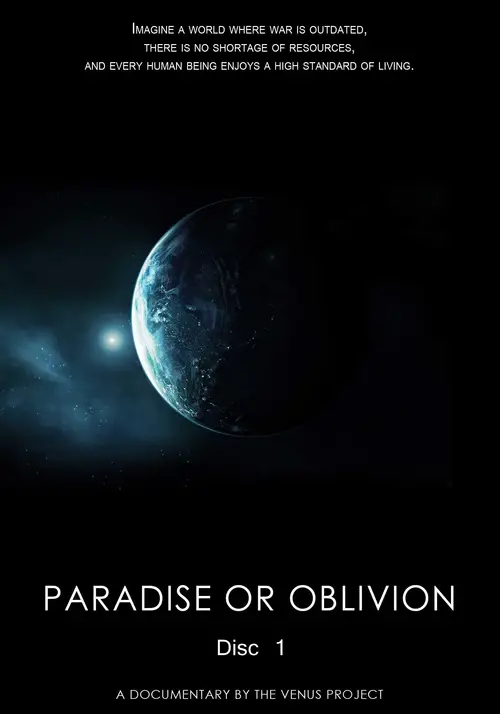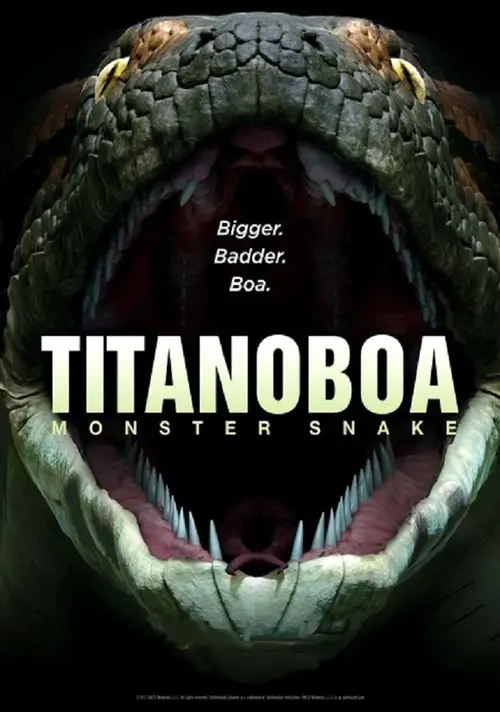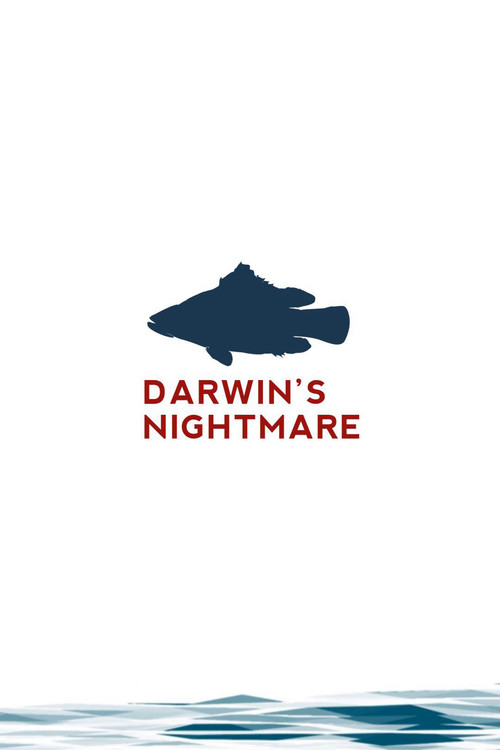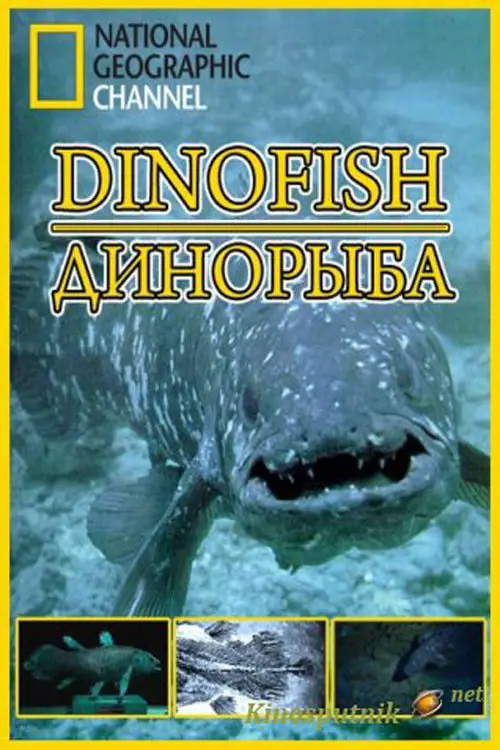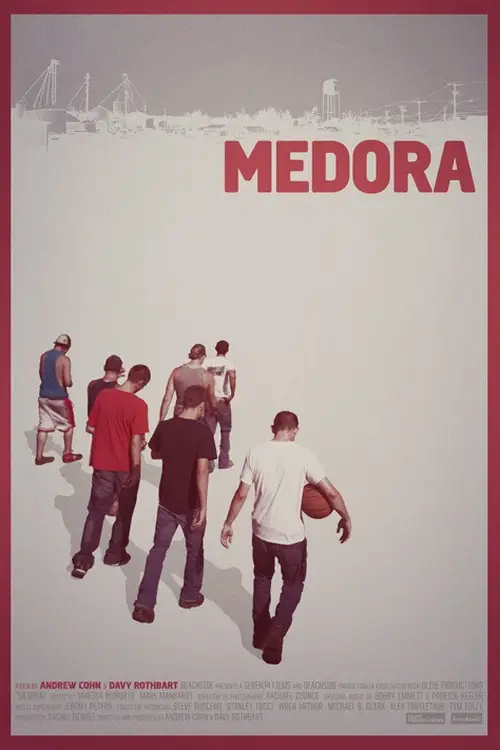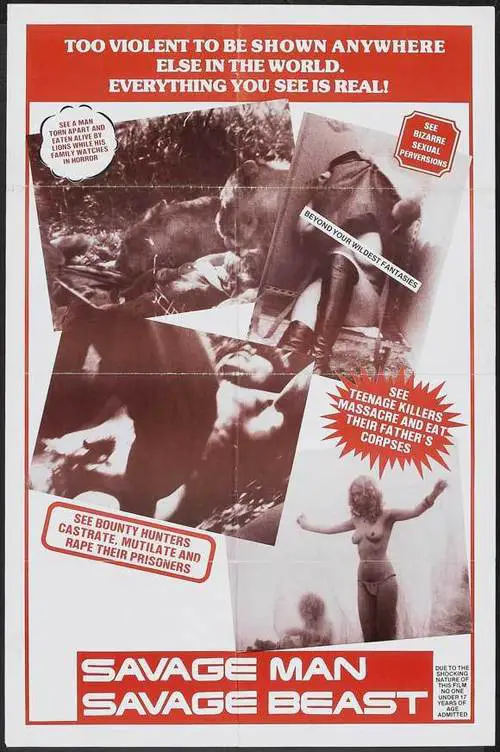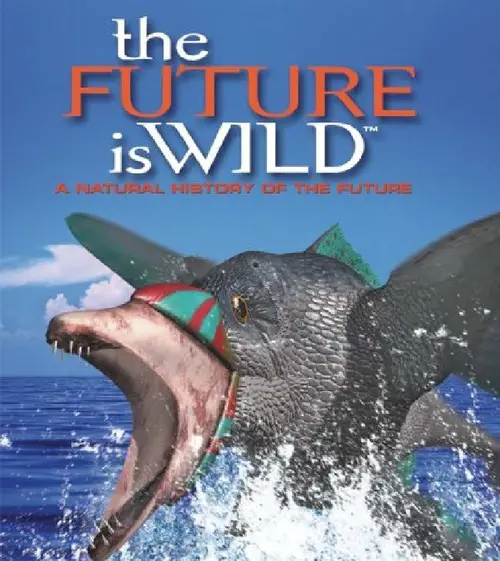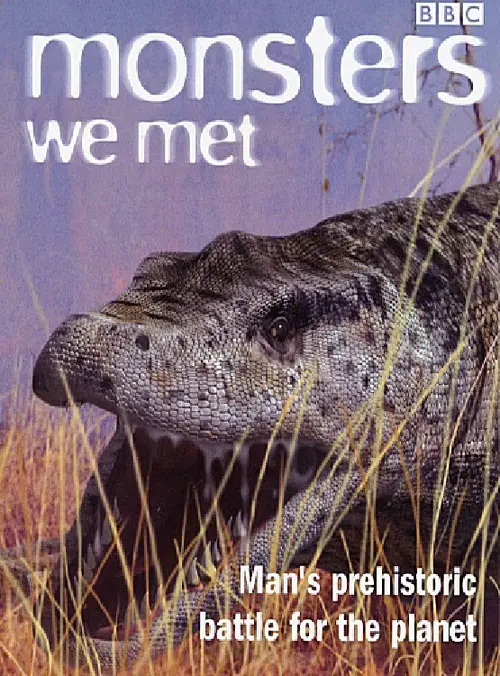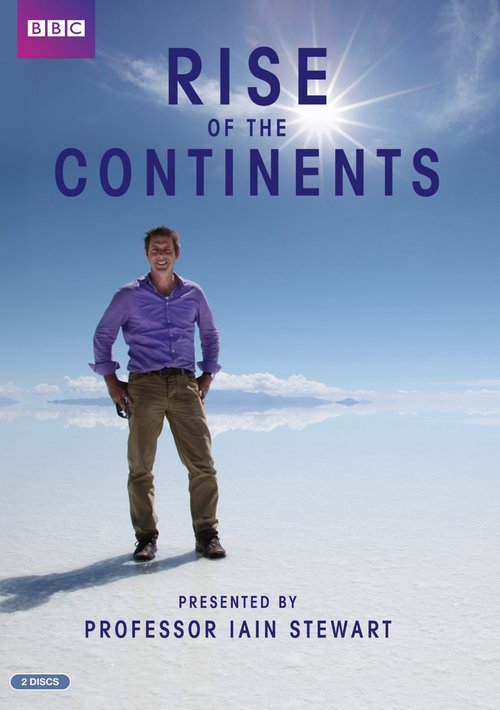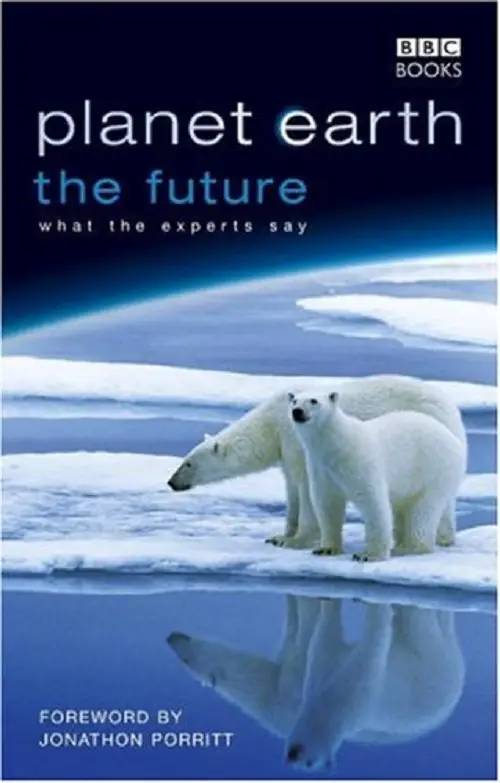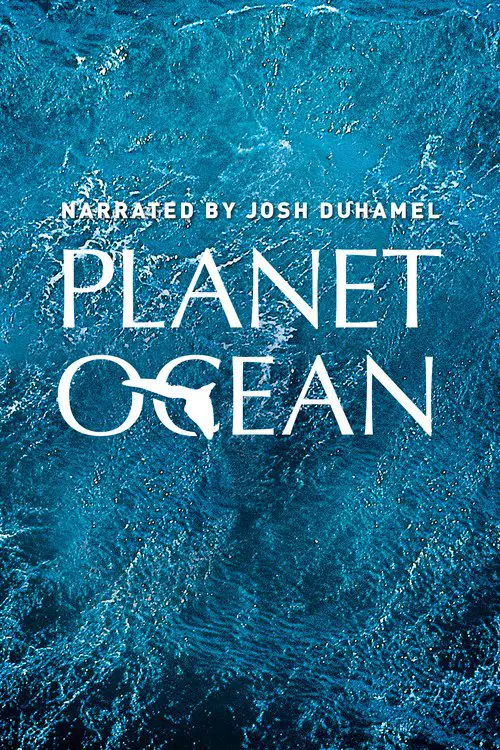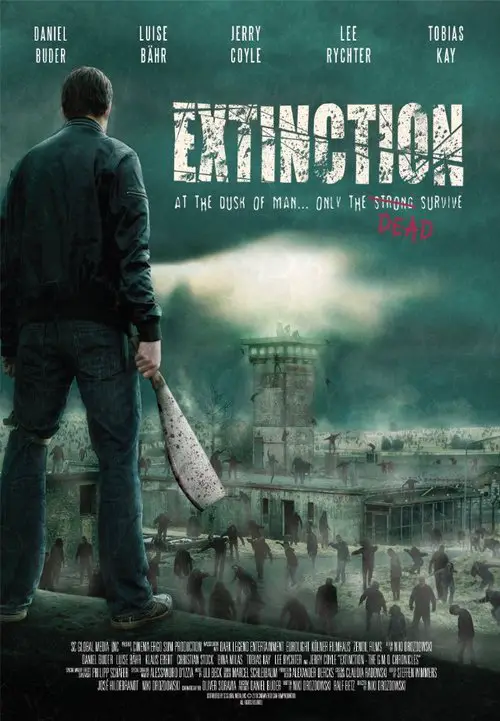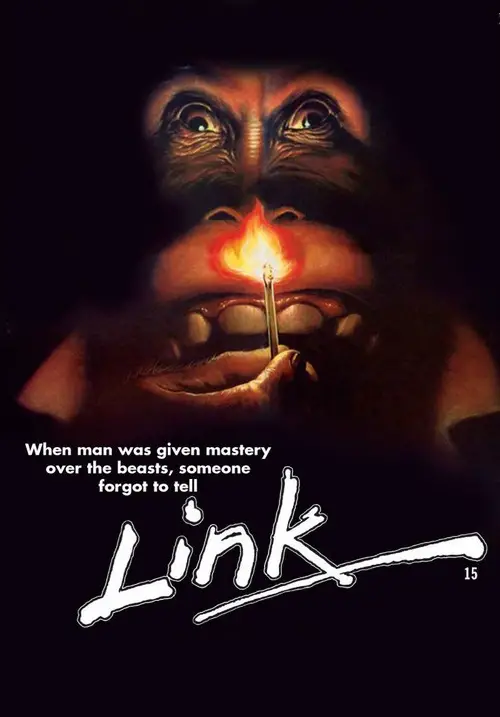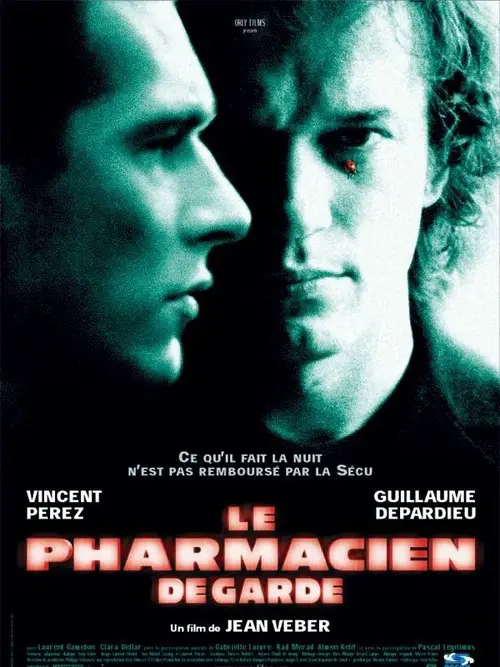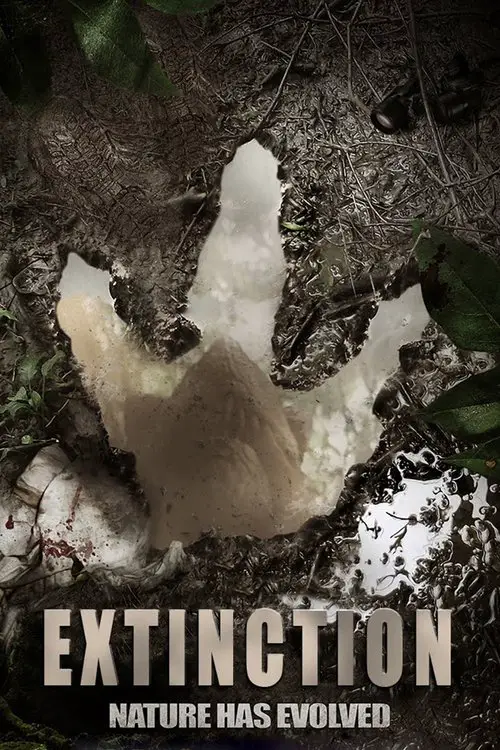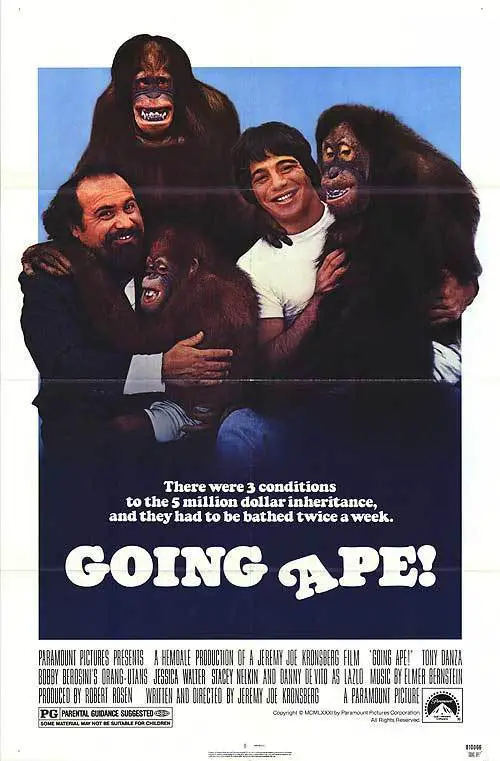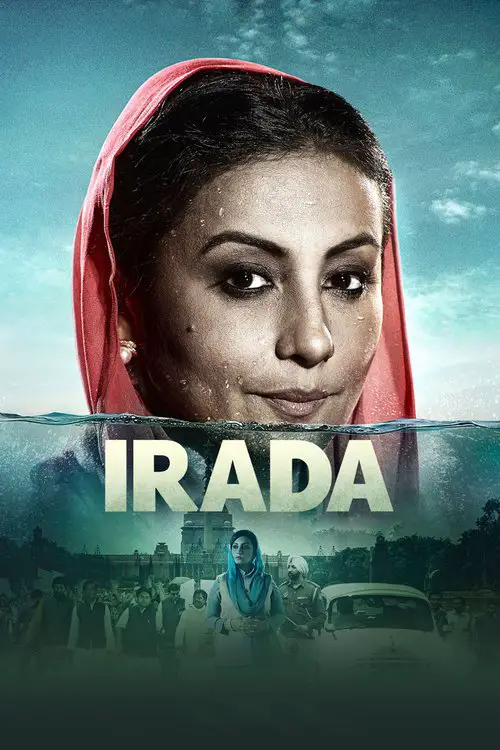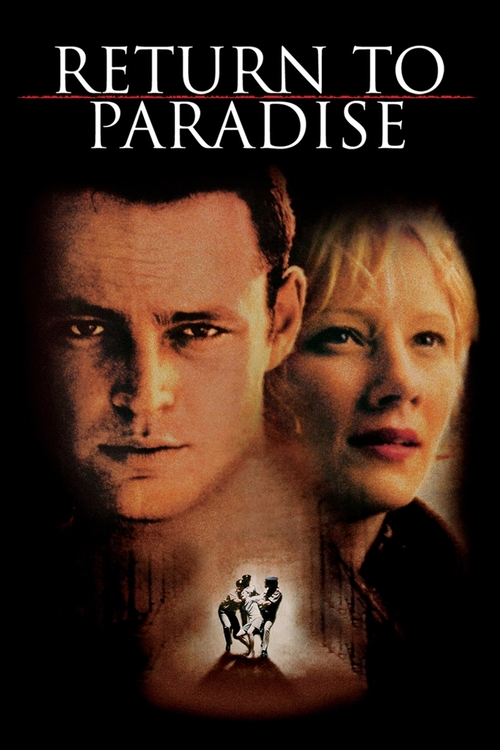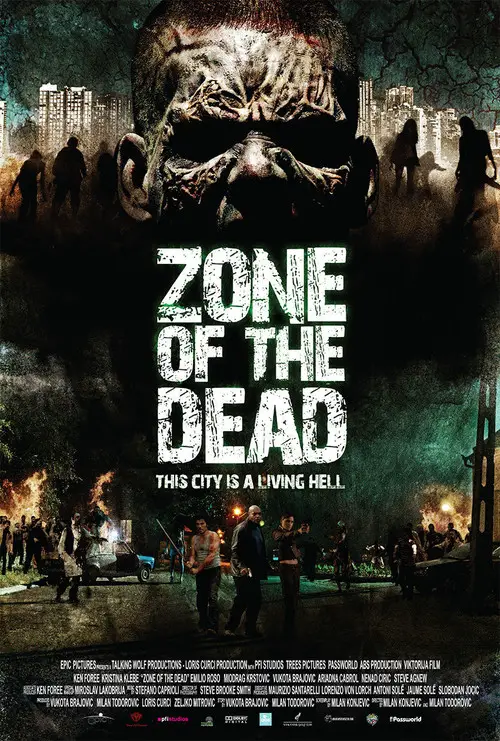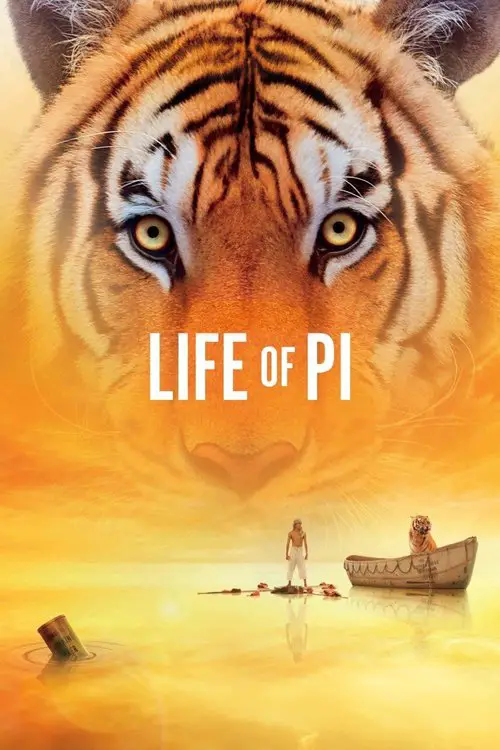Terry Pratchett: Facing Extinction (2013)
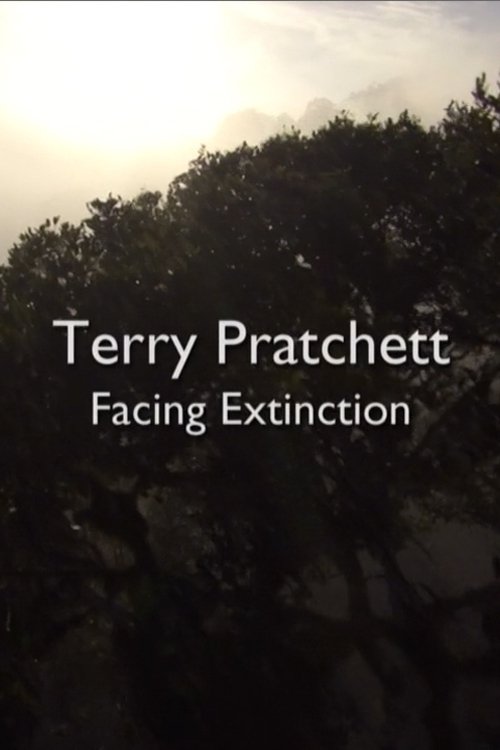
Similar movies
From space, our planet appears as a tiny blue dot in the vastness of space. Blue, because 99% of all living space on Earth occurs in the Ocean. But the seas are under threat. The industrialization that has occurred in the oceans over the last century mirrors the events that triggered mass extinctions on land. As we learn of the ecological crimes occurring worldwide, we also uncover the shocking truths happening on our own shorelines.
Dorjee Sun, a young Australian Entrepreneur, believes there's money to be made from protecting rainforests in Indonesia, saving the orangutan from extinction and making a real impact on climate change. Armed with a laptop and a backpack, he sets out across the globe to find investors in his carbon trading scheme. It is a battle against time. Achmadi, the palm oil farmer is ready to set fire to his land to plant more palm oil, and Lone's orangutan centre has reached crisis point with over 600 orangutans rescued from the fires. The Burning Season is an eco-thriller about a young man not afraid to confront the biggest challenge of our time.
A look at the state of the global environment including visionary and practical solutions for restoring the planet's ecosystems. Featuring ongoing dialogues of experts from all over the world, including former Soviet Prime Minister Mikhail Gorbachev, renowned scientist Stephen Hawking, former head of the CIA R. James Woolse
'An Ecology of Mind' is a filmic portrait of anthropologist, biologist, and psychotherapist Gregory Bateson. Bateson believed that, 'The major problems in the world are the result of the difference between the way nature works and the way people think.' Seen through the relationship between father and daughter, this documentary is an invitation into 'systems thinking' and interrelationships in the natural world. 'Looking at what holds systems together is a radical step toward sewing the world back together, from the inside.'
The first feature-length documentary film to fully investigate the growing threat to Earth's life-support systems from the loss of biodiversity. If current trends continue, scientists warn that half or more of all plant and animal species on Earth will become extinct within the next few decades. Call of Life investigates the scope, the causes, and the predicted effects of this unprecedented loss of life, but also looks deeper, at the ways in which both culture and psychology have helped to create and perpetuate the situation. The film not only tells the story of a crisis in nature, but also in human nature, a crisis more complex and threatening than anything human beings have ever faced before.
Imagine an ocean without fish. Imagine your meals without seafood. Imagine the global consequences. This is the future if we do not stop, think and act.In the film we see firsthand the effects of our global love affair with fish as food.It examines the imminent extinction of bluefin tuna, brought on by increasing western demand for sushi; the impact on marine life resulting in huge overpopulation of jellyfish; and the profound implications of a future world with no fish that would bring certain mass starvation.Filmed over two years, The End of the Line follows the investigative reporter Charles Clover as he confronts politicians and celebrity restaurateurs, who exhibit little regard for the damage they are doing to the oceans.Filmed across the world â from the Straits of Gibraltar to the coasts of Senegal and Alaska to the Tokyo fish market â featuring top scientists, indigenous fishermen and fisheries enforcement officials, The End of the Line is a wake-up call to the world.
Birth Story: Ina May Gaskin and The Farm Midwives captures a spirited group of women who taught themselves how to deliver babies on a 1970s hippie commune. Today as nearly one third of all US babies are born via C-section, they fight to protect their knowledge and to promote respectful, safe maternity practices all over the globe. From the backs of their technicolor school buses, these pioneers rescued American midwifery from extinction, changed the way a generation approached pregnancy, and filmed nearly everything they did. With unprecedented access to the midwives' archival video collection, as well as modern day footage of life at the alternative intentional community where they live, this documentary shows childbirth the way most people have never seen it--unadorned, unabashed, and awe-inspiring.
Humanityâs ascent is often measured by the speed of progress. But what if progress is actually spiraling us downwards, towards collapse? Ronald Wright, whose best-seller, âA Short History Of Progressâ inspired âSurviving Progressâ, shows how past civilizations were destroyed by âprogress trapsââalluring technologies and belief systems that serve immediate needs, but ransom the future. As pressure on the worldâs resources accelerates and financial elites bankrupt nations, can our globally-entwined civilization escape a final, catastrophic progress trap? With potent images and illuminating insights from thinkers who have probed our genes, our brains, and our social behaviour, this requiem to progress-as-usual also poses a challenge: to prove that making apes smarter isnât an evolutionary dead-end.
In Botswana's Okavango Delta, an ostracized lioness and her two cubs must fight alone to survive - overcoming all manner of hazard, from the raging wildfires on the Delta, to the jealousy of sister lionesses, to the marauding males who kill her mate, to the prey that becomes predator. Their only defense is to escape to Duba Island -- and with that, an unknown future. The setting for this epic tale is one of the last regions where lions can live in the wild. Faced with dwindling land and increasing pressure from hunting, lions - like our lone lioness and her cubs - are approaching the brink of extinction.
A pseudo-documentary, âSamarangâ tells the story of lowly Ahmang (Captain A.V. Cockle) and his socially superior love, Sai-Yu (Theresa Seth). Both live in the village of Samarang in the Indian Ocean. Because Sai-Yu is the daughter of a chief and Ahmang is but a poor fisherman, he needs to increase his wealth before asking for her hand. Thus he accepts the perilous offer of the wily Chang-Fu, who seeks pearl divers. Ahmang must brave the treacherous waters of the Forbidden Lagoon of Sakai, home to bloodthirsty cannibals, killer sharks, and a monstrous grasping octopus. Sai-Yu and Ahmangâs younger brother Ko-Hai come along for kicks, too. Ahmang finds his pearl, but he and Sai-Yu are stranded on the island, where they befriend a local orangutan. When they return to the boat, a shark kills Ko-Hai, and Ahmang must get revenge.
The documentary retraces the steps of Bruno Manser, a man from Switzerland who went to live with the indigenous tribe of the Penan in the Jungle of Borneo and endef up helping their struggle to defend their rainforest against greedy logging companies. The movie features original film, photo and voice recordings by Bruno Manser made in the 1980s, as well as new recordings showing how the life of the Penan has changed in just a few decades.
Professor Alice Roberts journeys 40,000 years back in time on the trail of the great beasts of the Ice Age in this BBC documentary miniseries. It begins in the land of the sabre-tooth; North America, a continent that was half covered by ice. Alice traces the movements of Ice Age beasts like bear-sized sloths, vast mammoths and the strange beast known as the glyptodon. These leviathans were stalked by the meanest big cat that ever: Smilodon fatalis. In the Land of the Cave Bear, Alice ventures to the parts of the northern hemisphere, hit hardest by the cold. High in the mountains of Transylvania, a cave sealed for thousands of years reveals grisly evidence for a fight to the death between two staving giants, a cave bear and a cave lion. Yet Alice discovers that for woolly rhinos and woolly mammoths, the Ice Age created a bounty. In the final installment, Alice sets off on her last voyage back to the Ice Age to discover why the giants of the age went extinct.
If Michael Moore were a lady who went after companies who still produce plastic, when the Pacific Garbage Patch is now the size of the continental United States. This Pacific Ocean Trash Vortex by Hawai'i is a more serious issue than any war, economic, or ecologic crisis facing the planet today. We hereby document the process by which conscientious companies, some because of our encouragement, switch from plastic to a more sustainable alternative. A David and Goliath project by night; Sisyphus by day.
A feature length documentary which invites the viewer to rediscover an enchanted cosmos in the modern world by awakening to the divine within. The film examines the re-emergence of archaic techniques of ecstasy in the modern world by weaving a synthesis of ecological and evolutionary awareness,electronic dance culture, and the current pharmacological re-evaluation of entheogenic compounds.
FIRST EARTH is a documentary about the movement towards a massive paradigm shift for shelter - building healthy houses in the old ways, out of the very earth itself, and living together like in the old days, by recreating villages. An audiovisual manifesto filmed over the course of 4 years and 4 continents, FIRST EARTH makes the case that earthen homes are the healthiest housing in the world; and that since it still takes a village to raise a healthy child, it is incumbent upon us to transform our suburban sprawl into eco-villages, a new North American dream.
Far from intensive farming and industrial output, a revolution is already under way; good red meat has become a rare, indeed, luxury product. But where is the world's best steak found? Franck Ribière and his favorite butcher, Yves-Marie Le Bourdonnec, generous, charming, and ecological, set out to meet the new players in the field to try to understand what makes a cut of meat good.
African Elephant originally played in theatres as King Elephant.. The film is a straightforward, well-photographed documentary concentrating on....well, look at the title. Avoiding the obvious, filmmaker Simon Trevor focuses on the more curious aspects of elephant life. In addition to the mighty pachyderm, we are given intriguing glimpses of other forms of African wildlife. African Elephant has no overt ecological ax to grind, but the preservationist message is there by implication.
Weâve heard all the insane rumours and scandals attached to the ill-fated 1996 remake of H.G. Wellsâ THE ISLAND OF DR. MOREAU. How director Richard Stanley spent four years developing the project only to be fired after four days of shooting and replaced by John Frankenheimer and how headliner Marlon Brando impacted on that decision. Now for the first time the living key players recount what really happened and why it all went so spectacularly wrong. Stanley spills the juicy beans, stars Fairuza Balk and Rob Morrow give revealing interviews, New Line head Robert Shaye, producers Ed Pressman and Tim Zinnemann chime in and numerous crew from both versions add their reminiscences. David Gregoryâs epic documentary is also a veritable encyclopaedia of behind the scenes footage, concept art and storyboards, creature designs, makeup tests and candid photos to illustrate the shocking tale of eccentric artist vs. Hollywood machine.
Paris Is Burning is a 1990 documentary (directeor Jennie Livingston) filmed in the mid-to-late 1980s, chronicling the ball culture of New York City and the poor, African American and Latino gay and transgendered community involved in it. Many consider Paris Is Burning to be an invaluable documentary of the end of the "Golden Age" of New York City drag balls and exploration of queer culture
SHAMANS OF THE AMAZON is a personal account of filmmaker Dean Jefferys as he returns to the Amazon with his partner and one year old daughter. They journey deep into the Ecuadorian rainforest to learn about and experience the ancient ayahuasca healing ceremony. The film brings to the viewer an intimate and fascinating look at the shamans of the Amazon, and the life that is threatened by ecological destruction.
How secure is our future? This eye-opening documentary -- which uses computer-generated imagery to illustrate an asteroid collision, black holes and worldwide plagues, among other threats -- explores seven scenarios that could spell the end of the world. Interviews with noted scientists examine the extent of preparations for these cataclysmic events and what's being done to save future generations from extinction.
The Mayan calendar predicts that the world will end in 2012, and many believe it's true. This Emmy-nominated Discovery Channel documentary illustrates the variety of ways the apocalypse could arrive in. True believers will learn how volcanic eruption, widespread plague, deadly asteroids, neighboring stars, and nuclear and biological weapons could each bring about the extinction of humankind.
Cuba's political and economic exile has yielded a startling upside: A pristine island preserve boasting one of the most diverse and primordial ecosystems in the region. But how will nature fare if the U.S. trade embargo ends and tourists pour in? This episode of the PBS series observes jumping crocodiles, painted snails and other famed residents while profiling the unsung scientists who are studying and protecting the creatures' idyllic habitats.
Paradise or Oblivion is a free online documentary produced by the Venus Project. This documentary details the root causes of the systemic value disorders and detrimental symptoms caused by our current established system. The film advocates a new socio-economic system, which is updated to present-day knowledge, featuring the life-long work of Social Engineer, Futurist, Inventor and Industrial Designer Jacques Fresco, which he calls a Resource-Based Economy. Paradise or Oblivion by the Venus Project introduces the viewer to a more appropriate value system that would be required to enable this caring and holistic approach to hhuman civilisation. This alternative surpasses the need for a monetary-based, controlled scarcity environment we find ourselves in today.
In the pantheon of predators, it's one of the greatest discoveries since the T-Rex: a snake 48 feet long, weighing in at 2,500 pounds. Uncovered from a treasure trove of fossils in a Colombian coal mine, this serpent is revealing a lost world of giant creatures. Travel back to the period following the extinction of dinosaurs and encounter this monster predator (http://www.smithsonianchannel.com).
Coelacanth (SEEL-uh-kanth): a large fish with limblike fins, armored scales and a tail that no other living fish possesses. This prehistoric fish was thought to have died out with the dinosaurs in the great extinction. It has laid hidden deep in our oceans undisturbed and undetected for 70 million yearsÂa true living fossil. The coelacanth is thought to be related to the creatures that grew legs, breathed air and came ashore nearly 400 million years ago.
Werner Herzogâs documentary film about the âGrizzly Manâ Timothy Treadwell and what the thirteen summers in a National Park in Alaska were like in one manâs attempt to protect the grizzly bears. The film is full of unique images and a look into the spirit of a man who sacrificed himself for nature.
Imagine a world far, far into the future. A world very different from our own, a time where mankind has been wiped out by massive climactic and geological changes. What would that world be like, and what kinds of creatures could survive changes that nearly destroyed the Earth? And international team or eminent scientists was formed to predict the future and its new life forms in 5 million, 100 million and 200 million years. The scientists predicted that the Earth would go through several phases. To capture these worlds are accurately as possible, a camera crew traveled to remote locations around the globe. State-of-the-art animation helped bring to life the beings of the future.
Monsters We Met is a 3-part documentary produced by the BBC, and later aired on Animal Planet in 2003 under the title "Land of Lost Monsters", with added footage from "Walking with Prehistoric Beasts" and "Walking with Cavemen". The show used computer-generated imagery to recreate the animals that lived during the last ice age and examines what interactions humans had with them.
Ep1 - Africa Africa is the cradle of humanity, it is land born from violent, cataclysmic events. Ep2 - Eurasia Europe and Asia; geologically they are part of the same vast landmass, Eurasia. Shaped by a series of collisions, mountain ranges have been pushed up, valleys created and a once great ocean has come and gone. Ep3 - The Americas From the bedrock the Empire State Building is built on, to the Spanish empires in South America, the two land masses of North and South America are linked by geology and history. Ep4 - Australia Australia was once part of a super-continent and its deserts were covered in forests. Once joined to Antarctica, it split off and moved northwards into warmer climes, whilst Antarctica became an icy wasteland.
Planet Earth: The Future is a 2006 BBC documentary miniseries on the environment and conservation, produced by the BBC Natural History Unit as a companion to the multi-award winning nature documentary Planet Earth. The programmes were originally broadcast on BBC Four immediately after the final three episodes of Planet Earth on BBC One. Each episode highlights the conservation issues surrounding some of the species and environments featured in Planet Earth, using interviews with the film-makers and eminent figures from the fields of science, conservation, politics, and theology. The programmes are narrated by Simon Poland and the series producer was Fergus Beeley.
A Retrovirus, which was conceived as a tool for industrial genetic engineering, has gotten out of control and is spreading rapidly. While it crosses all organisms within our ecological system completely indiscriminately (mixing plant with animal and humans) most plants prove more resistant because of their complex DNA. However, the simple genes of the plants lead humans to become grotesque mutations, in most cases even to death. Within one week, 90% of mankind are either extinct or no longer human. However, a small fraction of the earth?s population remains immune to the virus and must survive in this new and constantly changing ecological system. Tom cellar is one the survivors and on an old military base in the Eifel he has entrenched himself. Further survivors come together and succeed in carving out a life in this new world. But the GMOs - the ?genetically modified organisms? - constantly develop themselves further, and soon the fence of the base offers no more protection.
Leela becomes an outlaw when she and a group of ecologically-minded feminists attempt to save an asteroid of primitive life forms and the Violet Dwarf star from being destroyed, while Fry joins a secret society and attempts to stop a mysterious species known as the "Dark Ones" from destroying all life in the universe.
Hotel manager Robert Grant is forced by his boss to postpone his family vacation when a hotel critic checks in. Trouble is, the critic is really a villainous jewel thief with an orangutan assistant named Dunston. When Dunston gets loose and tries to escape a life of crime -- aided by Robert's sons -- havoc, hijinks and lots of laughs abound!
Jason Crockett is an aging, grumpy, physically disabled millionaire who invites his family to his island estate for his birthday celebration. Pickett Smith is a free-lance photographer who is doing a pollution layout for an ecology magazine. Jason Crockett hates nature, poisoning anything that crawls on his property. On the night of his birthday the frogs and other members of nature begin to pay Crockett back.
Philo Beddoe is your regular, easygoing, truck-driving guy. He's also the best bar-room brawler west of the Rockies. And he lives with a 165-pound orangutan named Clyde. Like other guys, Philo finally falls in love - with a flighty singer who leads him on a screwball chase across the American Southwest. Nothing's in the way except a motorcycle gang, and legendary brawler Tank Murdock.
The amazing footage you will see in this documentary was recorded during an expedition to the Amazon in South America. It has been assembled as per the camera time codes. It has not been altered or tampered with in any way and after extensive testing has been considered absolutely genuine. What you will see will change the way you view the natural world. Are you ready for that? For in the heart of the rainforest, a team of researchers led by the respected Professor John Howson strived to protect endangered and vulnerable species from extinction. But their guides abandoned them after a series of strange and unexplainable events and the team soon got hopelessly lost in the jungle. When events took a horrifying turn, the team realized that they were in the hunting grounds of an apex predator. And now they were the ones on the endangered species list.
When his father - who owned a circus - dies, Oscar inherits 5 million dollars - and 3 orang outangs. However there's a condition connected to the money: if he gives away the apes or just one gets sick or dies during the next 3 years, the zoologic society will get all the money. So he not only has to deal with 3 apes and an annoyed girlfriend, but also with a greedy zoologic society's president.
A mysterious bomb blast in a business tycoon's factory prompts the state CM to hire an NIA officer. He meets an ex-army man seeking revenge for his dead daughter and a journalist demanding justice for her slain boyfriend. Nothing is what it seems. The film raises contemporary ecological issue with lot of thrill.
Lewis, Sheriff and Tony are three friends vacationing in Malaysia. Sheriff and Tony eventually leave to pursue careers in New York, but Lewis stays behind to work with orangutans. Two years later, Sheriff and Tony learn that, because of their past actions, Lewis has been arrested for drug possession. With Lewis facing a death sentence, the friends are left with a difficult decision: return to Malaysia and split Lewis' sentence, or let him die.
Vanessa, a television reporter covering a story of a farmer attacked by his chickens, discovers that this is not an isolated incident. Travelling to Spain with her cameraman Peter, the two discover the survivors of a town wiped out by the birds thirty years ago. Meanwhile, attacks continue as a child's birthday party ends in tragedy and doves devour a poultry farmer and his wife. Vanessa soon comes to the conclusion that the birds are organizing themselves against the ecological ravages of man, but time is running out as thousands of birds launch an attack against a train Vanessa is traveling on.
Zone of the Dead, also known as Apocalypse of the Dead (Zona Mrtvih in Serbian) is a 2009 Serbian horror film. A police-escorted prisoner transport supervised by Interpol sets off to Belgrade. The route leads the transport through Pancevo, where they encounter an ecological disaster and infected people who are trying to kill them. Interpol agents Mortimer Reyes and Mina Milius soon realize that their only chance for escape from the zombie hordes lies in allying with the dangerous, mysterious prisoner.
© Valossa 2015–2026
| Privacy Policy
